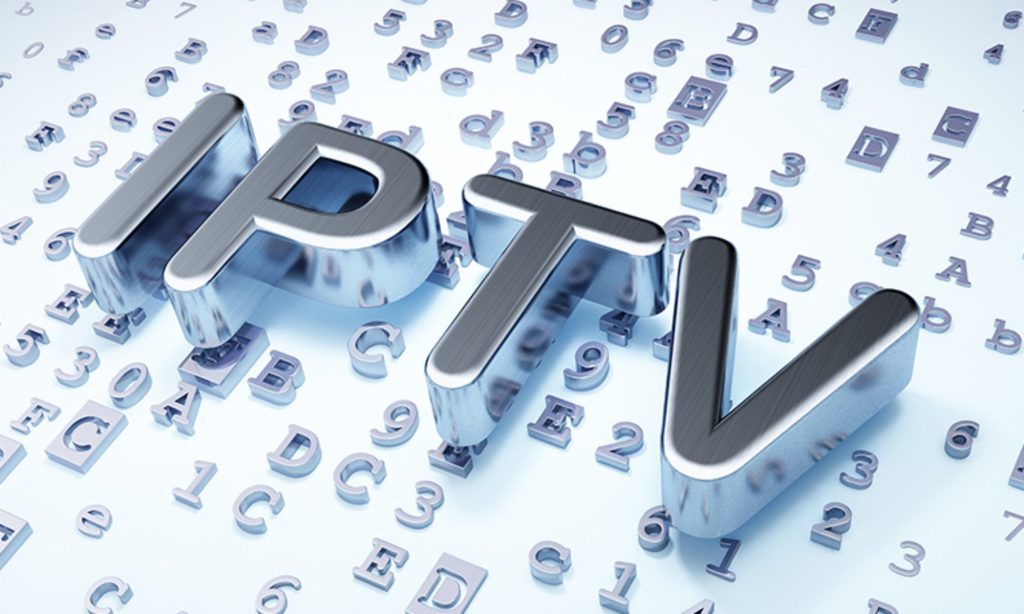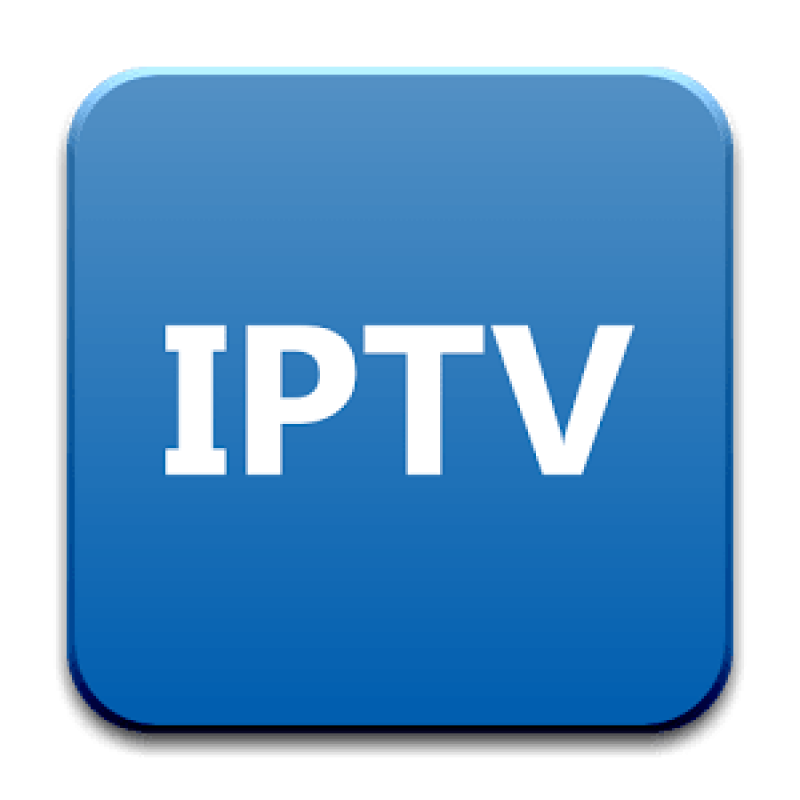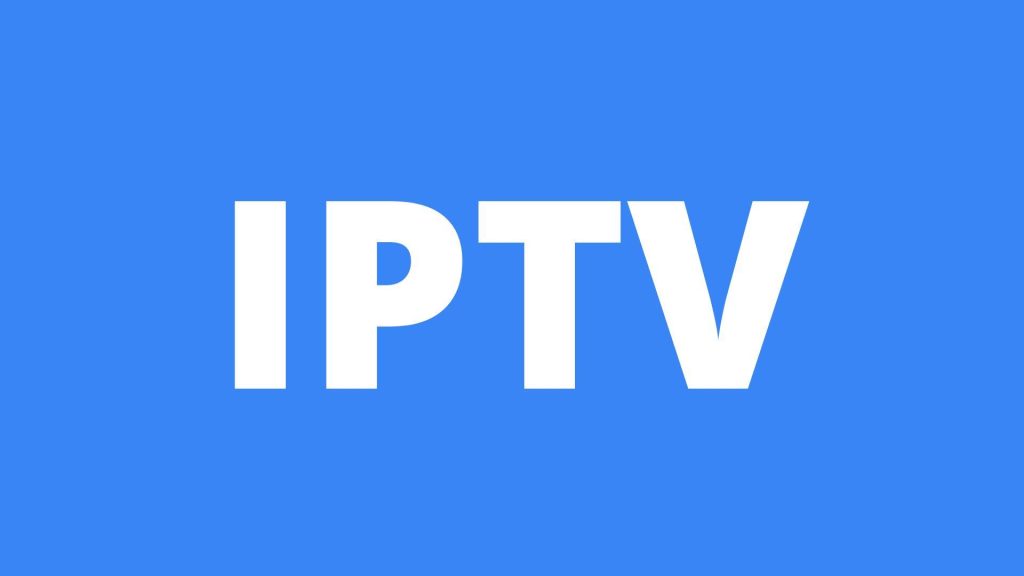Troubleshooting Guide: How to Fix Freezing IPTV Channels
Introduction to IPTV channels keep freezing Overview of Freezing IPTV Channels Issue As the rules suggest, the buffering or freezing of IPTV channels can be a frustrating experience for viewers. To address this issue, the suppliers often conduct tests on their servers and may even reshuffle channels to improve performance. This proactive approach by the administration team aims to enhance the viewing experience for customers. There are three primary factors that suppliers consider when tackling IPTV buffering or freezing: internet speed, server performance, and customer connectivity. Factors Contributing to IPTV Buffering or Freezing 1. Internet Speed: One of the key factors that influence IPTV buffering or freezing is the internet speed. If the internet connection is slow, channels may take longer to load, leading to increased buffering times. To address this issue, when customers report problems, the first step taken is to check the connectivity speed to ensure it meets the required threshold for seamless streaming. 2. Server Performance: The performance of the server hosting the IPTV channels also plays a crucial role in buffering or freezing issues. The administration team often conducts tests on the servers to identify any bottlenecks or areas for improvement. By optimizing server performance and load balancing, suppliers can enhance the overall streaming experience for customers. 3. Customer Connectivity: Another factor that suppliers consider when addressing IPTV buffering or freezing is customer connectivity. Issues such as outdated devices, poor Wi-Fi signals, or network congestion can impact the streaming quality. By providing guidance on improving connectivity and device compatibility, suppliers can help customers enjoy uninterrupted IPTV viewing. In conclusion, by addressing these key factors – internet speed, server performance, and customer connectivity – suppliers can effectively tackle IPTV buffering or freezing issues, ensuring a smoother and more enjoyable viewing experience for customers. Importance of Troubleshooting Guide for StaticIPTV.us Understanding the User Experience The troubleshooting guide provided by StaticIPTV.us plays a crucial role in assisting users to resolve any issues they may encounter while using the service. Users often come across technical glitches or difficulties in accessing certain features of the platform. By having a well-structured troubleshooting guide in place, users can easily navigate through common problems and find solutions to enhance their viewing experience. Efficient Problem Resolution Through the troubleshooting guide, users are empowered to troubleshoot and resolve issues on their own without the need for external assistance. This not only saves time for the users but also reduces the burden on customer support teams. By following the step-by-step instructions outlined in the guide, users can efficiently identify the root cause of the problem and implement the necessary fixes to restore the service to its optimal functionality. Enhancing Customer Satisfaction A comprehensive troubleshooting guide contributes to overall customer satisfaction as users feel supported and empowered to address any technical hitches independently. The availability of a troubleshooting resource instills confidence in users as they realize that they have access to self-help tools whenever needed. This proactive approach to problem-solving fosters a positive user experience and strengthens the relationship between the service provider and its customers. Promoting User Engagement By offering a troubleshooting guide, StaticIPTV.us encourages users to actively engage with the platform and explore its features more comprehensively. Users are more likely to experiment with different settings and configurations when they know that there is a resource available to assist them in case of any issues. This increased engagement not only benefits the users in familiarizing themselves with the service but also contributes to a deeper understanding of the platform’s functionality. Continuous Improvement The presence of a troubleshooting guide also enables StaticIPTV.us to gather valuable feedback from users regarding the common problems they encounter. This feedback can be utilized to identify recurring issues and prioritize improvements to enhance the overall user experience. By continuously updating and refining the troubleshooting guide based on user feedback, the service provider demonstrates its commitment to delivering a seamless and user-friendly IPTV service. Check Server Status Ensure Reliability of IPTV Service Provider Servers When encountering IPTV buffering or freezing issues, it is essential to verify the status and reliability of the servers managed by the IPTV service provider. Users should check if there are any ongoing maintenance activities or upgrades being performed on the server side that could potentially impact the streaming experience. Ensuring that the servers are functioning optimally is crucial for uninterrupted and smooth content delivery. Contacting the Provider for Ongoing Maintenance Assistance If the buffering issue persists despite verifying the server status, users are advised to reach out to the IPTV service provider for assistance. Providers often conduct tests on their servers to enhance performance and may temporarily move channels to ensure better streaming quality. By contacting the service provider, users can receive guidance on troubleshooting steps or any ongoing maintenance activities that might be affecting their viewing experience. Importance of Troubleshooting Guide for StaticIPTV.us Understanding the User Experience The troubleshooting guide offered by StaticIPTV.us serves as a valuable resource for users experiencing technical challenges while using the service. Users often encounter issues such as buffering and difficulty accessing specific features. With a well-structured troubleshooting guide, users can effectively navigate common problems and find solutions to enhance their overall viewing experience. Efficient Problem Resolution By utilizing the troubleshooting guide, users gain the ability to troubleshoot and resolve issues independently, reducing the need for external support. This self-service approach not only saves time but also alleviates the workload on customer support teams. Users can follow the step-by-step instructions outlined in the guide to identify and address the root cause of problems, restoring the service to optimal functionality efficiently. Enhancing Customer Satisfaction A comprehensive troubleshooting guide contributes to improving customer satisfaction as users feel empowered to address technical issues on their own. Users appreciate having access to self-help tools, which instills confidence and demonstrates proactive support from the service provider. By enabling users to troubleshoot independently, StaticIPTV.us enhances the overall customer experience and strengthens the provider-customer relationship. Promoting User Engagement The availability of a troubleshooting guide encourages users to engage
Troubleshooting Guide: How to Fix Freezing IPTV Channels Read More »









